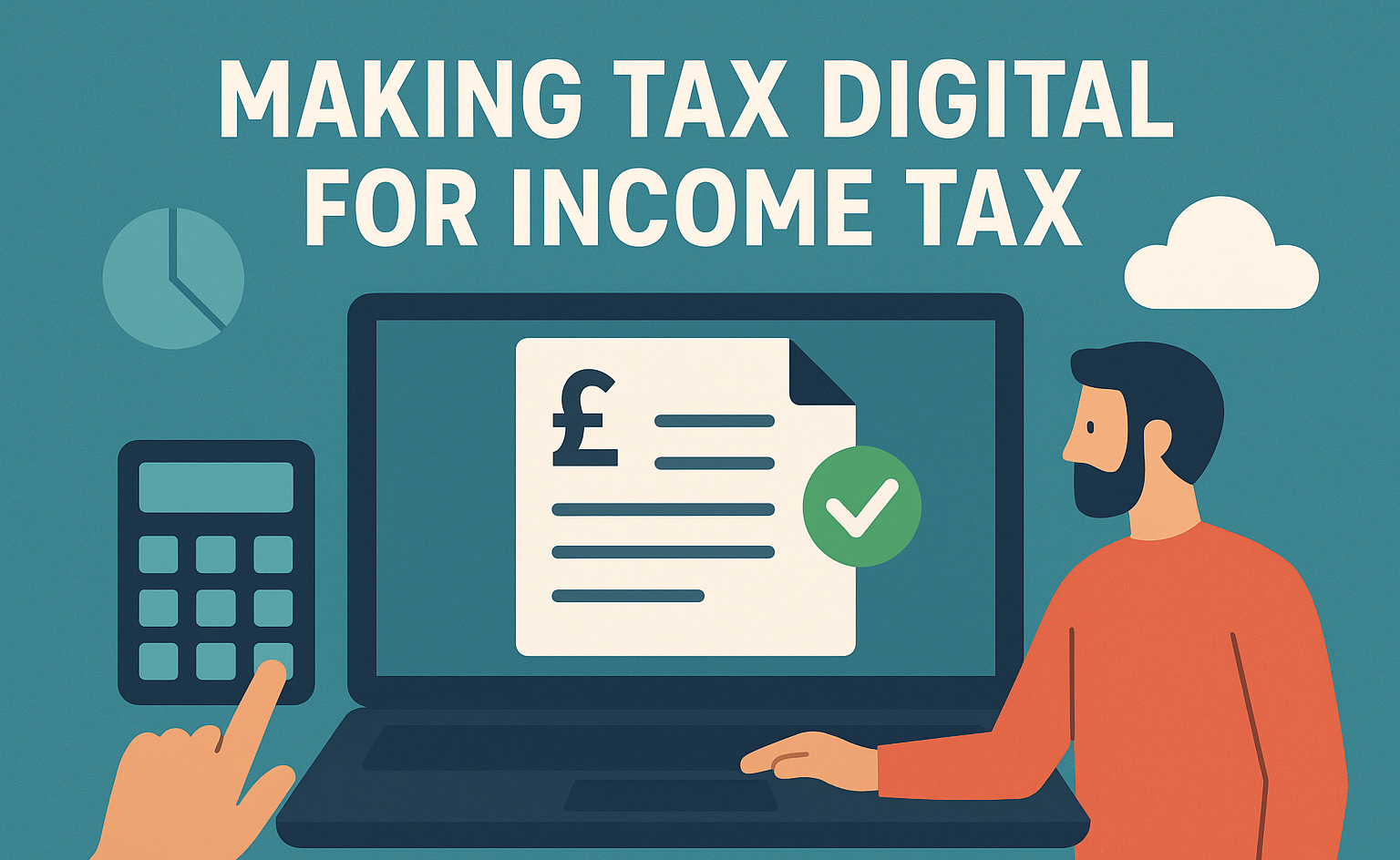May Insights
May Insights
1. Phoenixism to be tackled
‘Phoenixism’ is where company directors go insolvent to evade tax and write off the company debts owed, and then start a new business.
HMRC, Companies House and the Insolvency Service will be delivering a joint plan to better tackle those abusing the insolvency regime. This will include making more directors personally liable for the taxes of their company and increasing the number of enforcement sanctions.
2. Holiday lettings and property
The Furnished Holiday Lettings (FHLs) regime was abolished on 6 April 2025. What does the abolition mean for your holiday letting property?
The property will become part of either your main UK or overseas property business. This means that some of the beneficial tax rules that previously applied will no longer apply, such as:
- Tax relief for dwelling-related loan interest will be restricted to basic rate (20%).
- New capital expenditure will generally not qualify for capital allowances, Instead, the replacement of domestic items relief may apply.
- Capital Gains Tax reliefs for trading business assets (such as Business Asset Disposal Relief, Gift Relief and Rollover Relief) will no longer be available.
- Income from the property will no longer be included in ‘relevant UK earnings’ for the purposes of calculating maximum pension relief.
There are some transitional measures that you may benefit from:
- It will be possible to carry forward losses that were generated by an FHL business prior to 6 April 2025. These losses will be available to set off against future years’ profits of either the UK or overseas property business, as appropriate.
- Where a FHL business had a capital allowances pool at 5 April 2025, the pool can be carried forward within the general property business. Going forwards, it will be possible to claim writing-down allowances on the pool.
- For Business Asset Disposal Relief (BADR), where the FHL conditions were satisfied in relation to a business that ceased prior to 6 April 2025, relief may continue to apply to a disposal that occurs within the normal 3-year period following cessation.
3. Updates to Check Employment Status for Tax (CEST) Digital Tool
HMRC is making this tool easier to use. These are accessibility changes only though. How the CEST tool works out if a worker is self-employed or employed is not being changed.
This is unfortunate as there is evidence that in some circumstances, the determination the CEST arrives at is not necessarily accurate.
4. New Rules Aim to Curb Sudden Bank Account Closures
From April 2026, banks and payment service providers will face stricter rules around how and when they can close customer accounts, under new legislation aimed at improving transparency and giving people and small businesses more time to respond to account closures.
The changes mean that:
- Customers must be given at least 90 days’ notice before their account is closed or a payment service is terminated - up from the current 60 days.
- A written explanation must be provided, outlining why the account is being closed. This is intended to help customers challenge the decision, including through the Financial Ombudsman Service if necessary.
These new protections are expected to apply to contracts agreed from 28 April 2026, and are part of a wider government plan to give people and businesses more certainty and security when it comes to accessing banking services.
Why It Matters for Businesses
Small business owners in particular have raised concerns in recent years about accounts being shut down with little or no warning, often without a clear explanation. Clearly this is very disruptive and has left businesses with no time to complain or find a replacement bank.
The new rules should help to improve matters. There will however still be some exceptions - for example, where account closure is necessary for financial crime prevention.
Therefore, it’s worth being aware of these upcoming changes. While they don’t come into force until 2026, they could influence how banks handle account management going forward.
5. Helping Employees Save on Childcare: What Employers Need to Know
With many families finding out where their child will be starting school this September, now is a good time for working parents to start planning childcare. The government’s Tax-Free Childcare scheme can save them up to £2,000 a year per child – and this could be good news for employers as well as employees.
Why this matters for employers
Childcare is one of the biggest financial pressures for working families. By signposting Tax-Free Childcare, employers can support staff wellbeing, reduce financial stress, and make it easier for parents to return to or stay in work.
For every £8 a parent pays into a Tax-Free Childcare account, the government adds £2 – up to £500 every three months per child (or £1,000 if the child is disabled). The scheme can be used for a wide range of approved childcare, including:
- Childminders
- After-school clubs
- Holiday and other wraparound care
This support applies to children aged 11 or under (or up to 16 if the child is disabled).
What employees need to know
To be eligible, the parent and their partner (if they have one) must:
- Be earning at least the National Minimum Wage or Living Wage for 16 hours per week on average
- Each earn less than £100,000 per year
- Not be receiving Universal Credit or childcare vouchers
Each eligible child needs their own account, and parents must reconfirm their details every three months to continue receiving the top-up.
A useful tool for returning parents
This scheme can be particularly helpful for parents returning to work after parental leave, or those increasing their hours. As many employees will be finalising childcare for September, now is a good time to raise awareness.
What employers can do
- Share the GOV.UK link with staff: https://www.gov.uk/tax-free-childcare
- Include information about Tax-Free Childcare in any parental leave packs or policies you provide employees with.
- Encourage managers and HR teams to raise awareness, especially among new parents
By promoting Tax-Free Childcare, you can show support for working families and may be able to reduce a barrier that helps you keep a valued employee.

Edited by - Peter Burns - Senior Client Manager at England & Company










